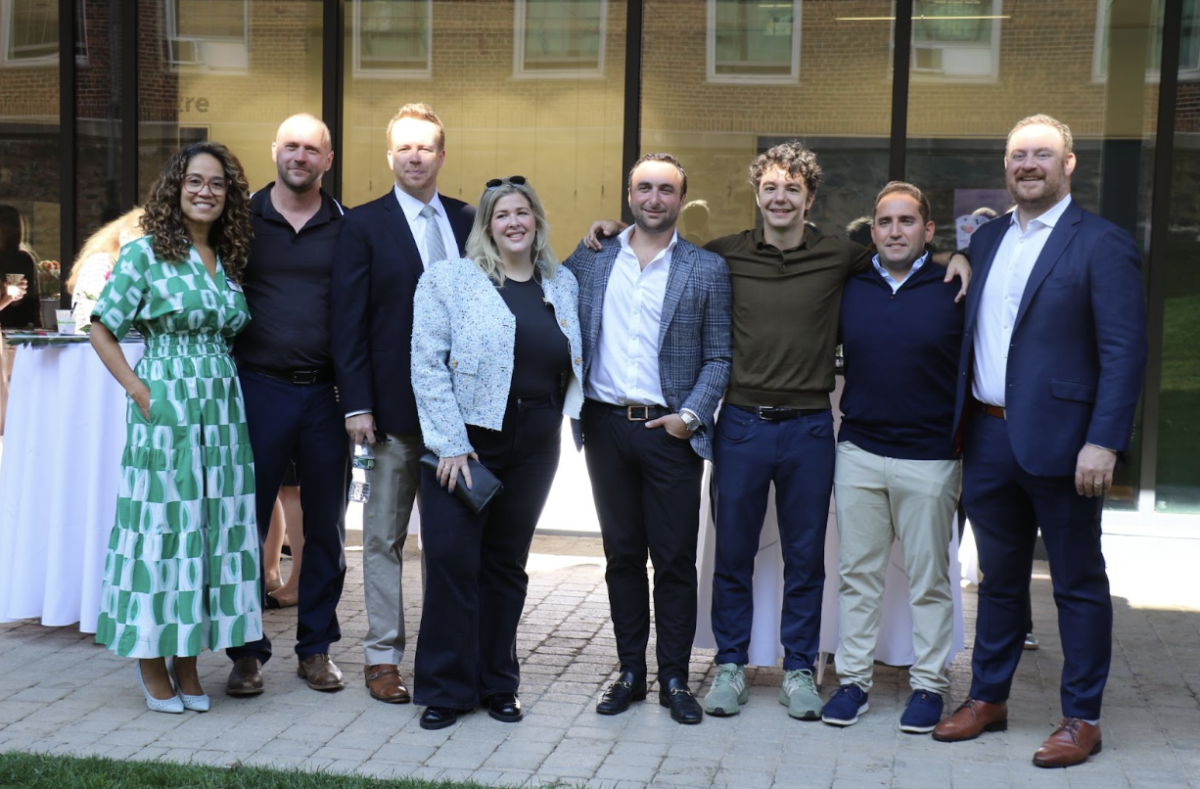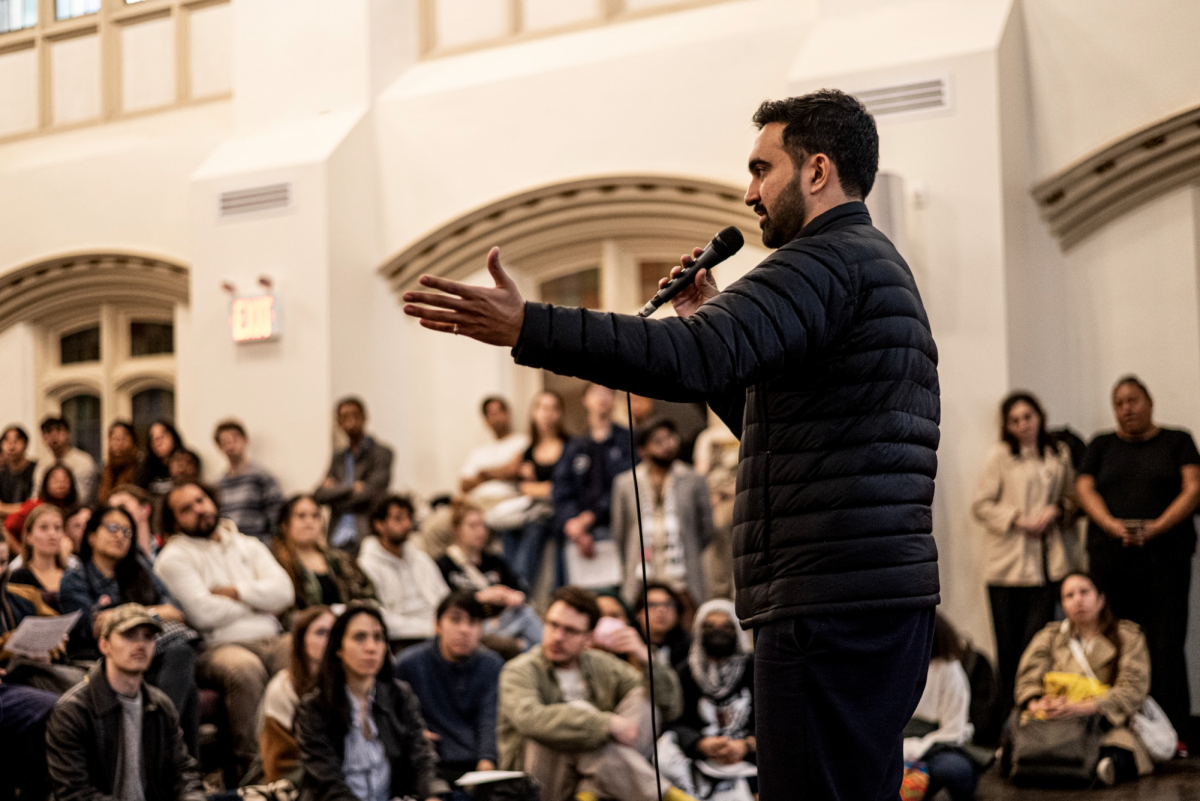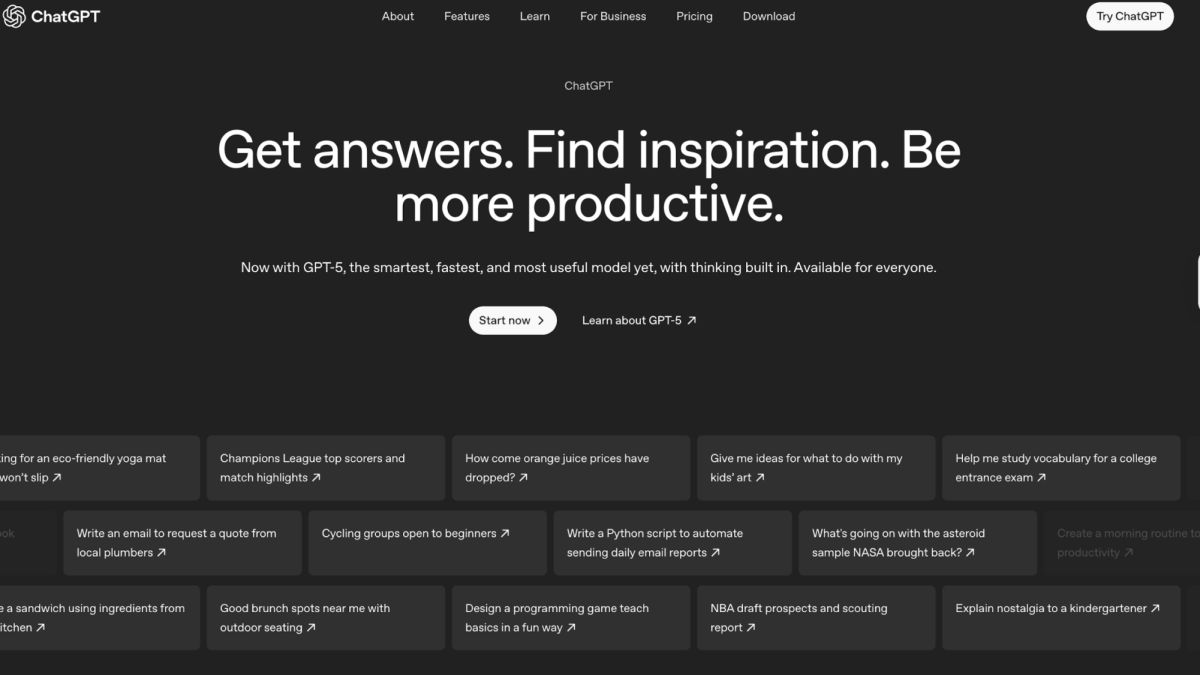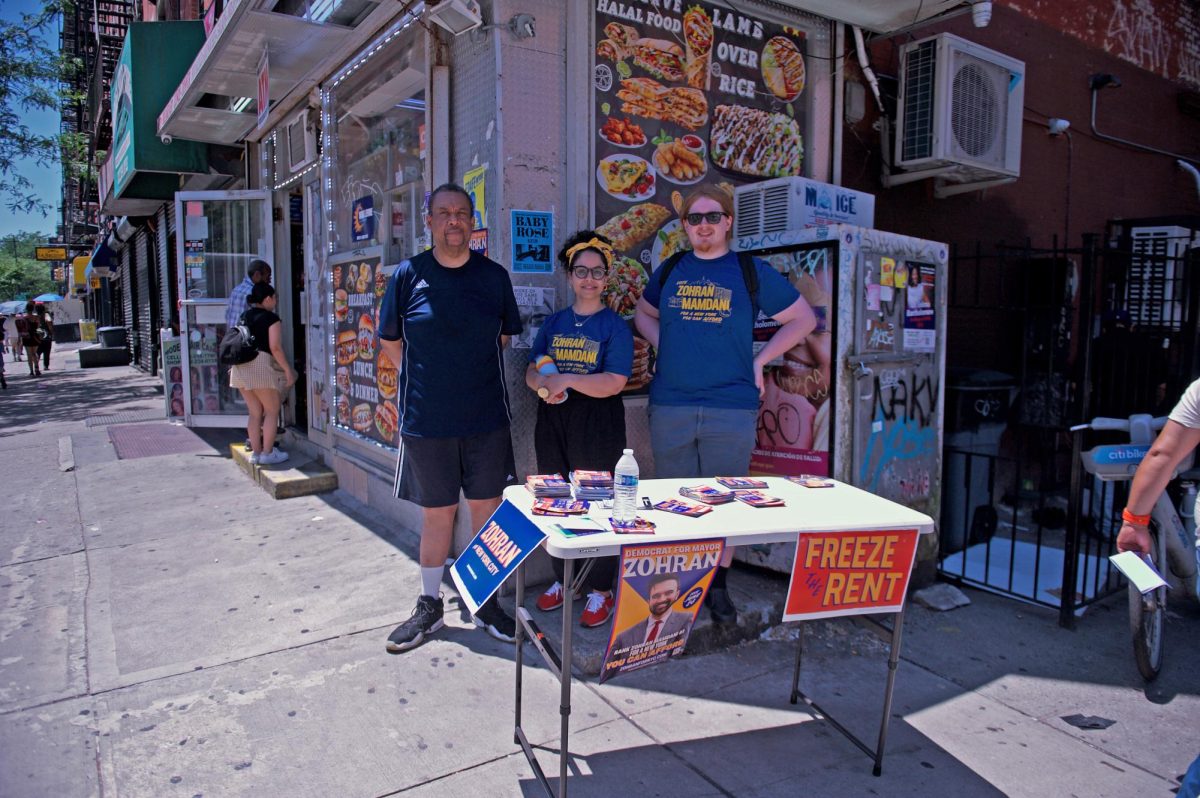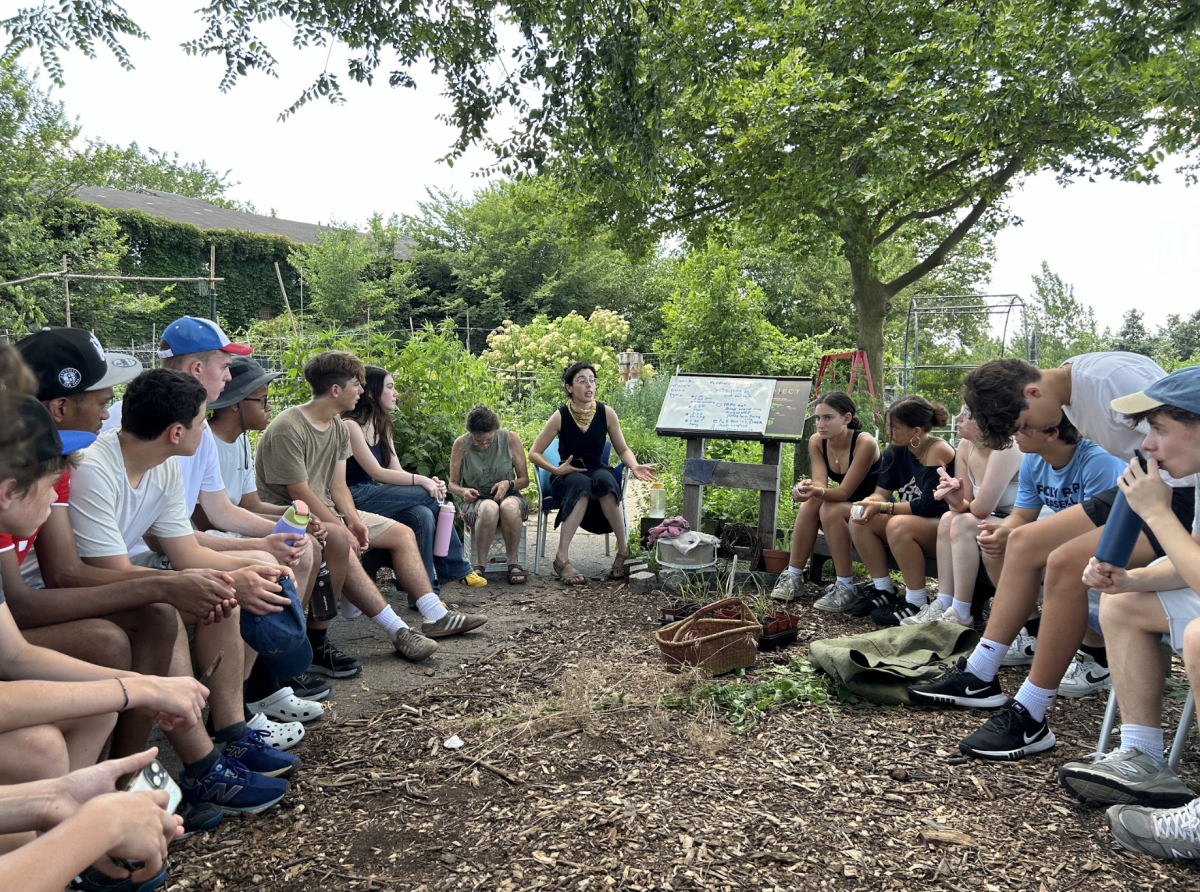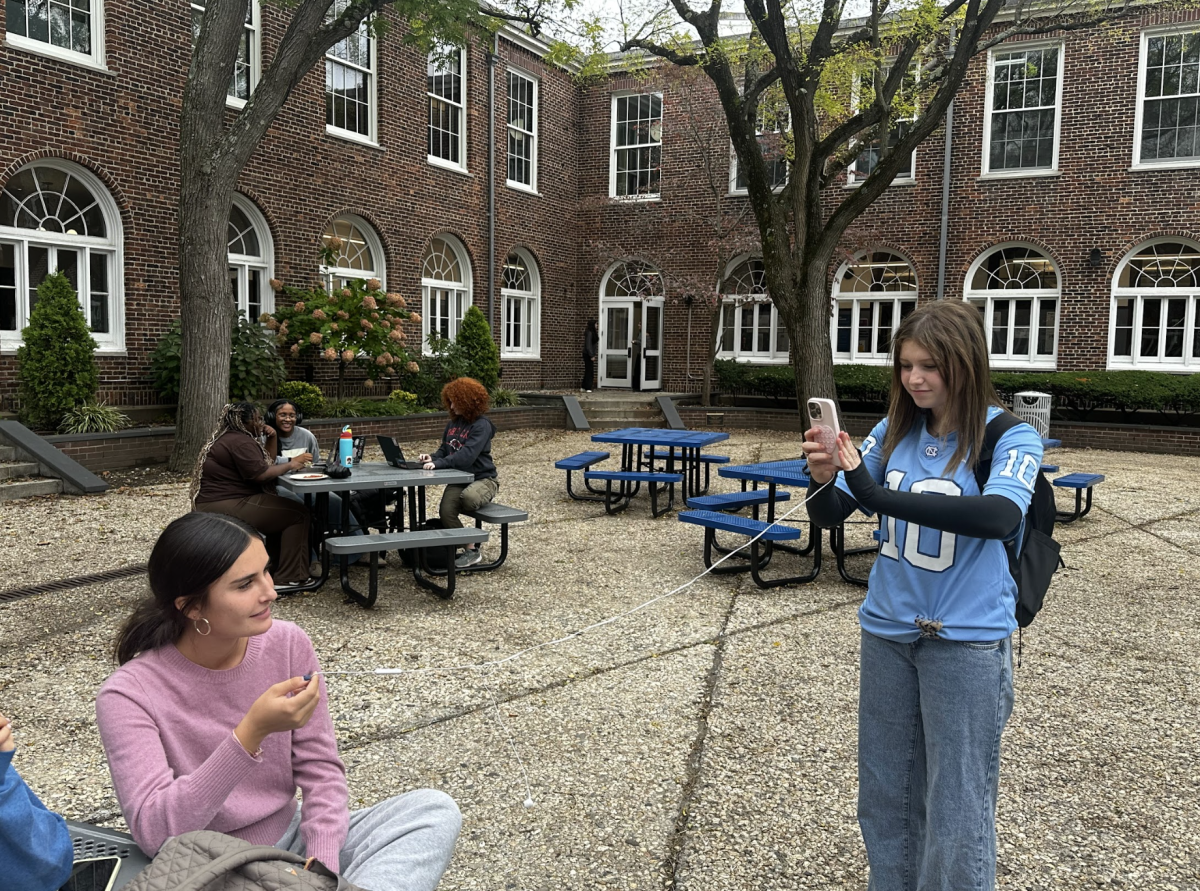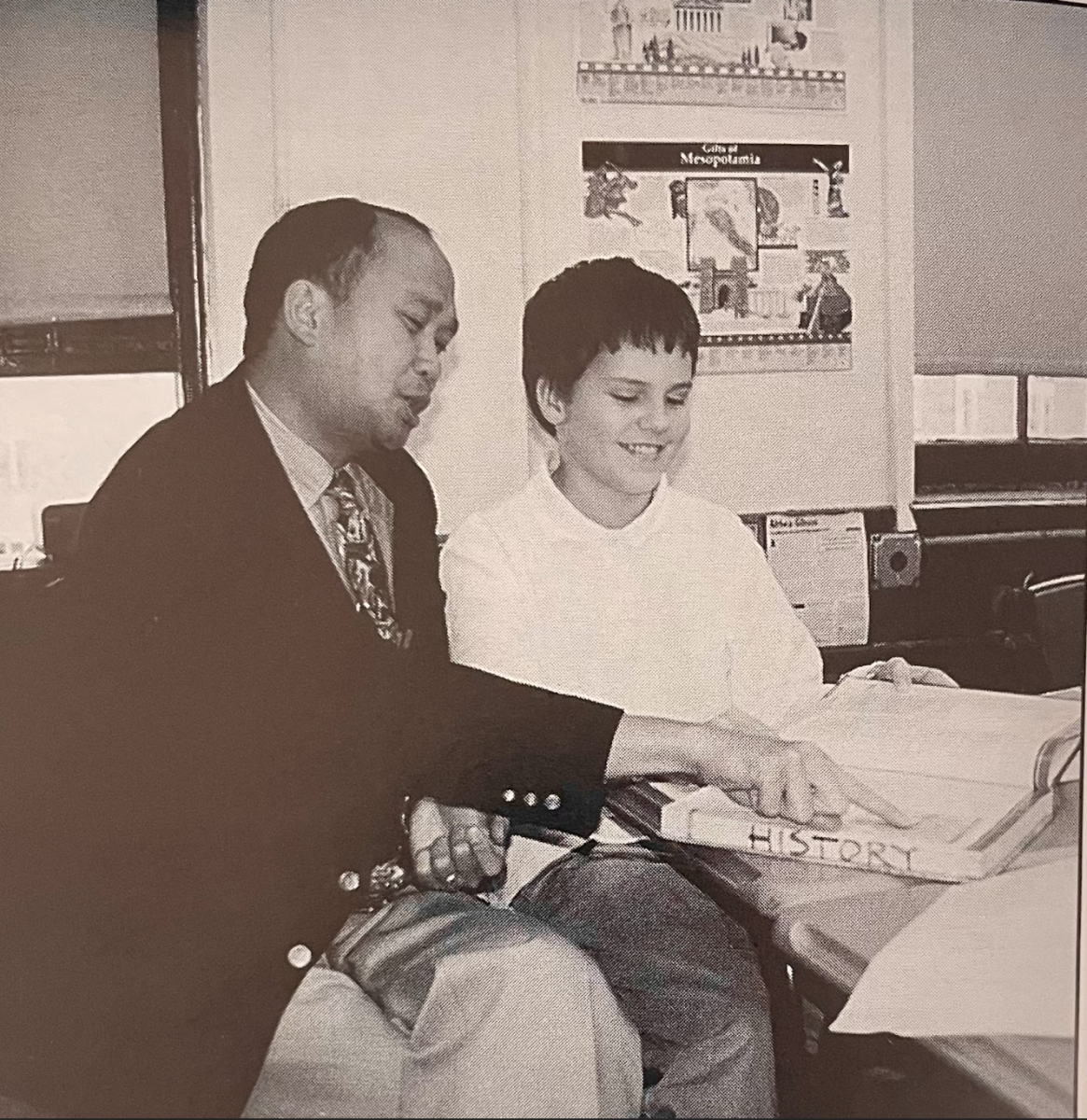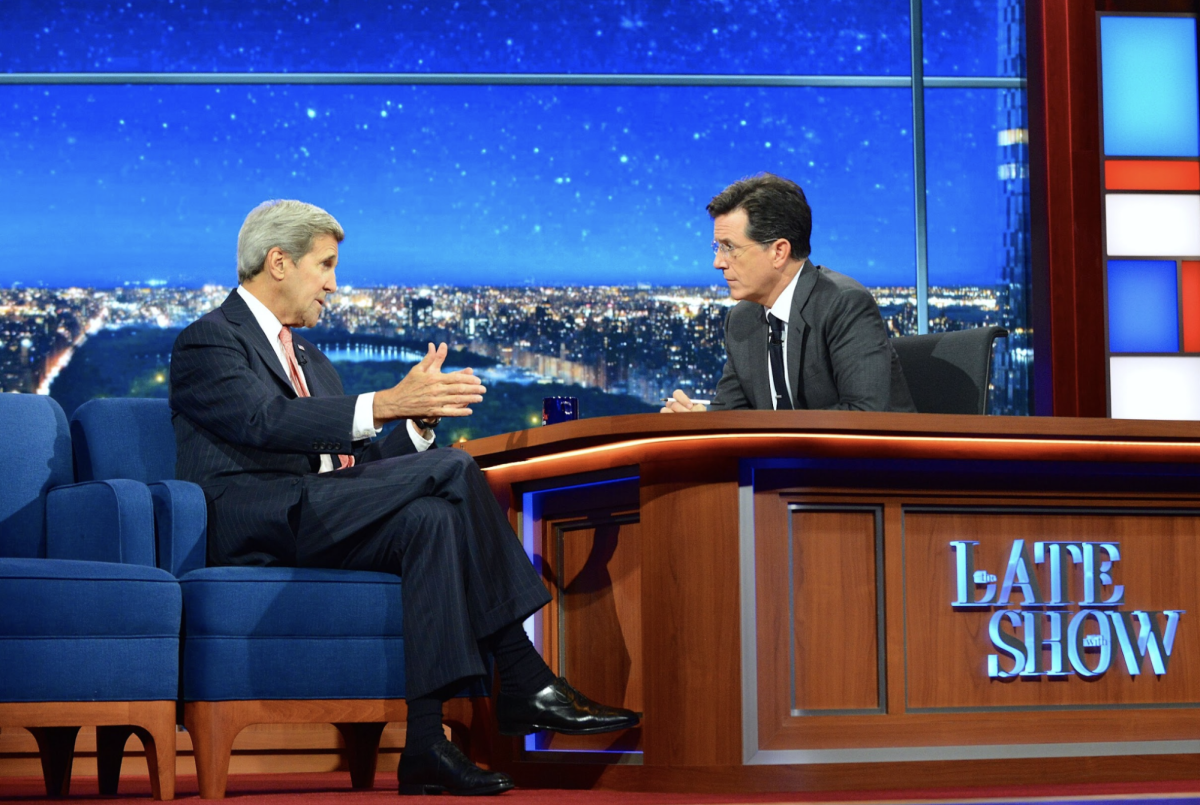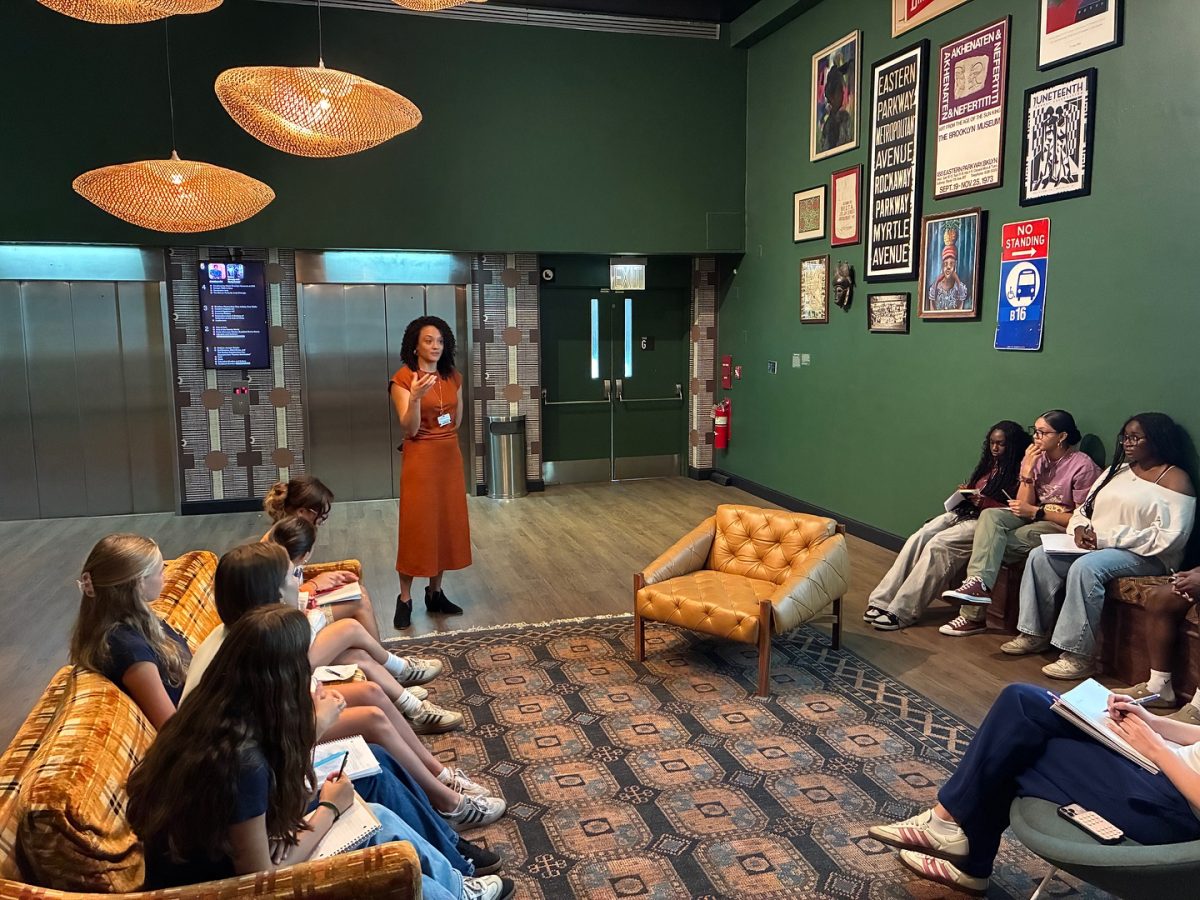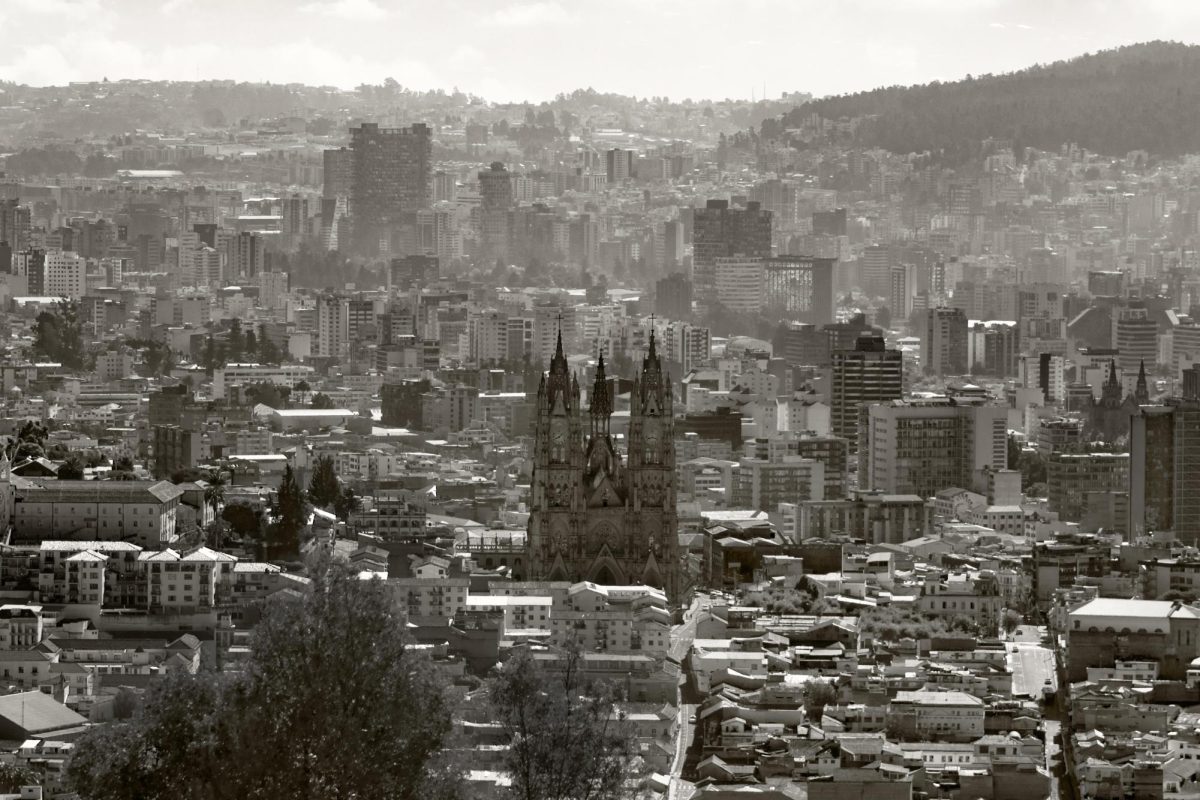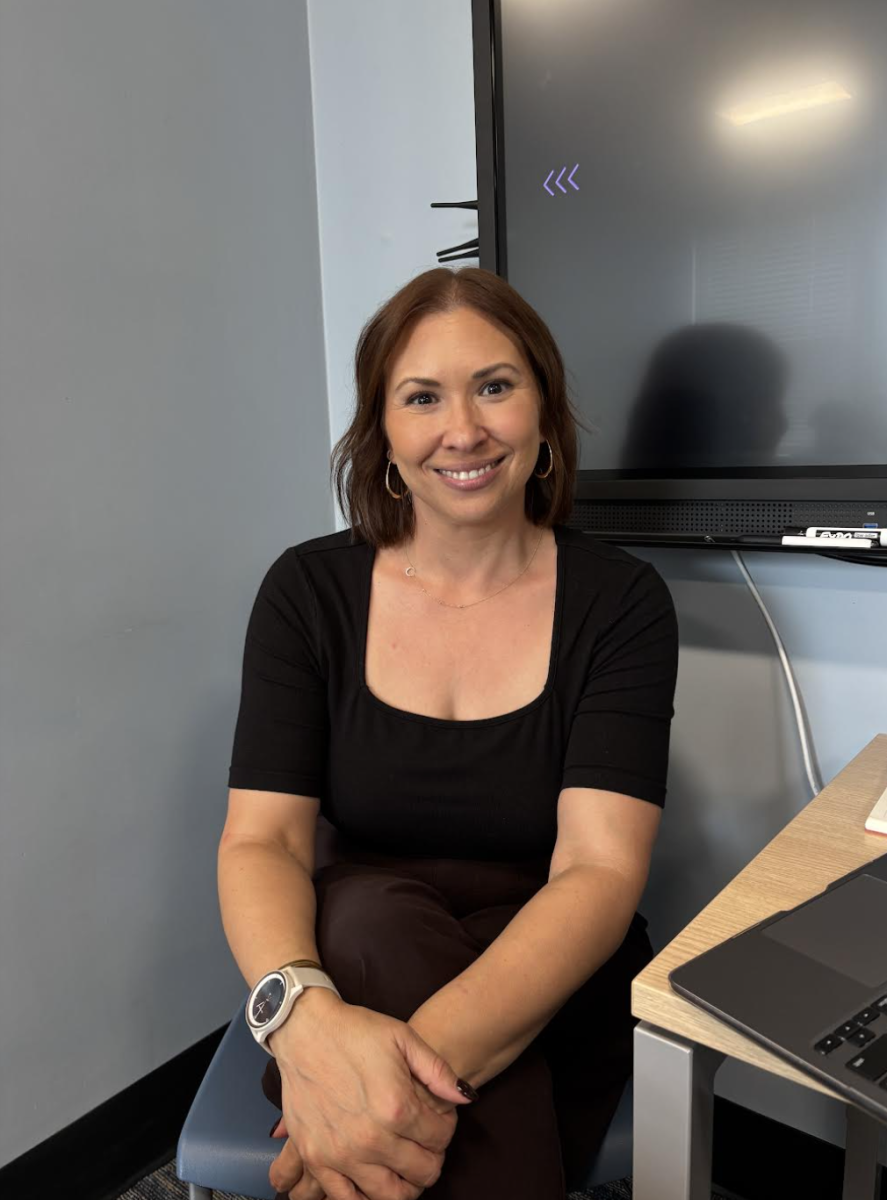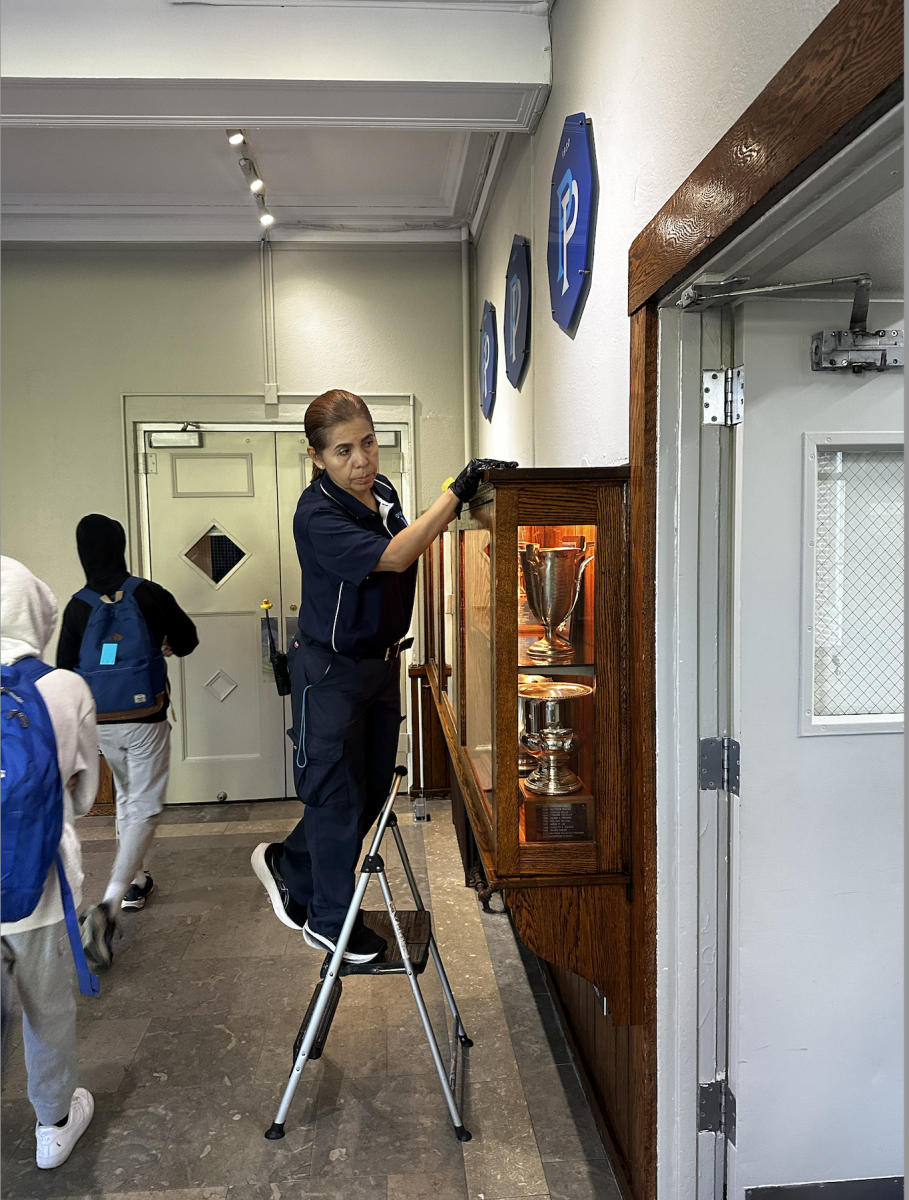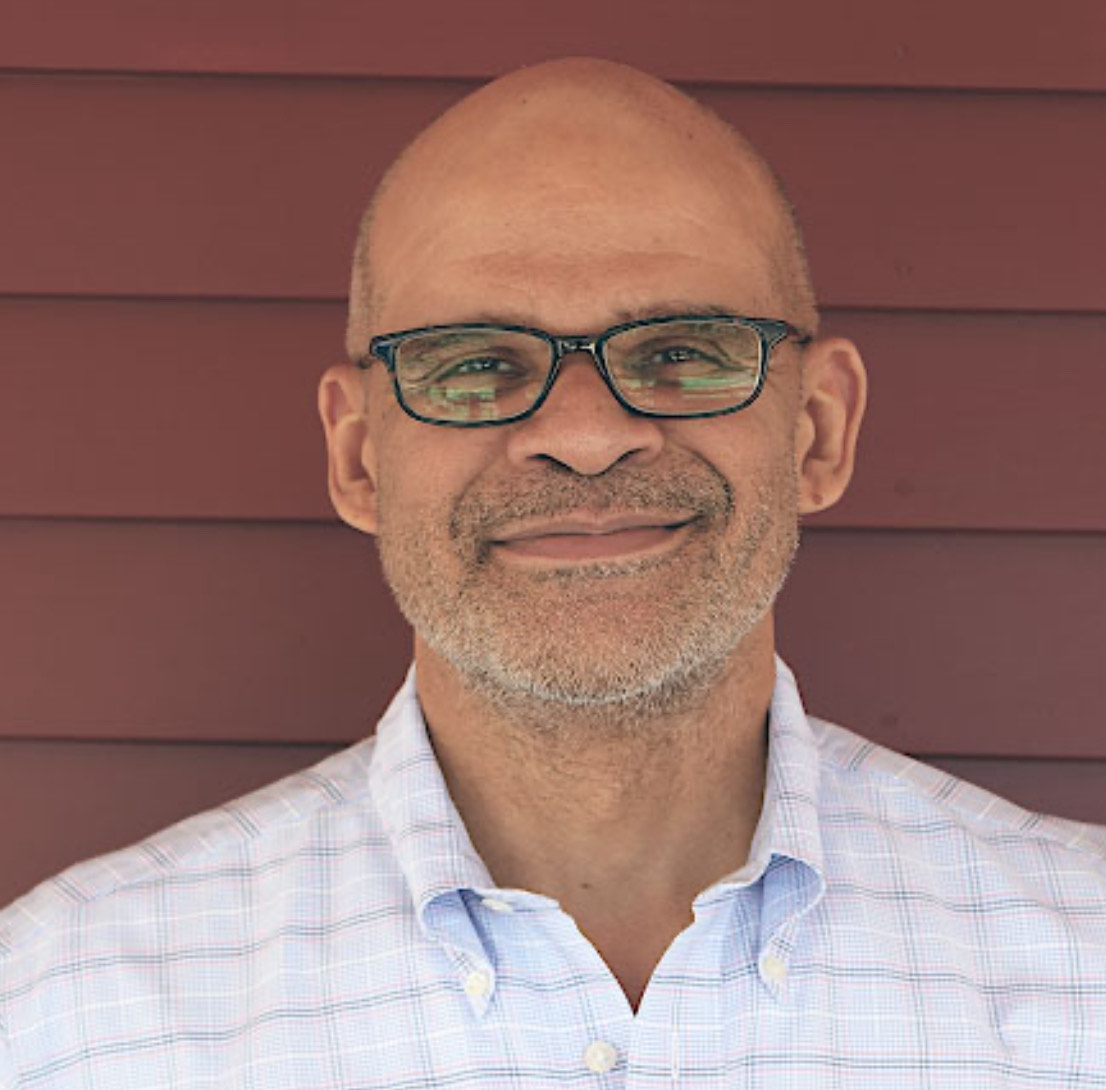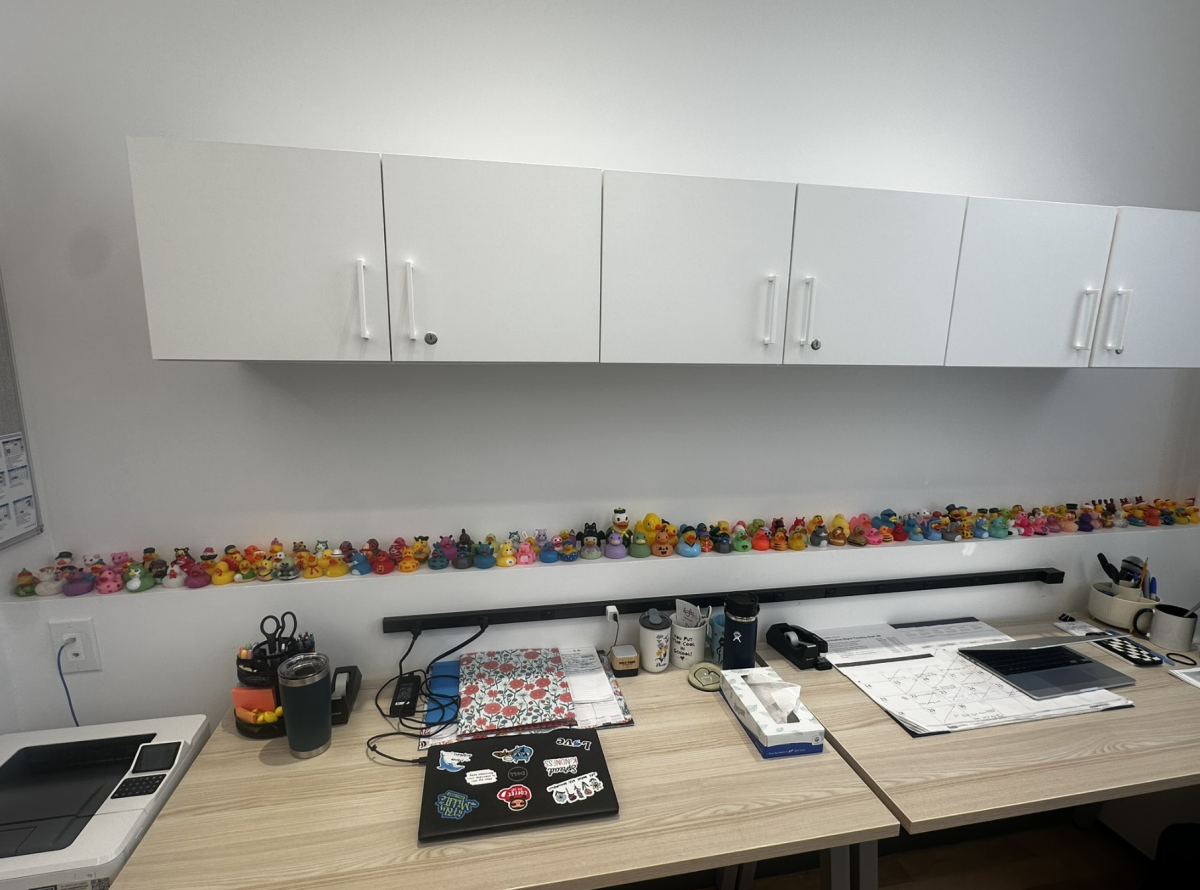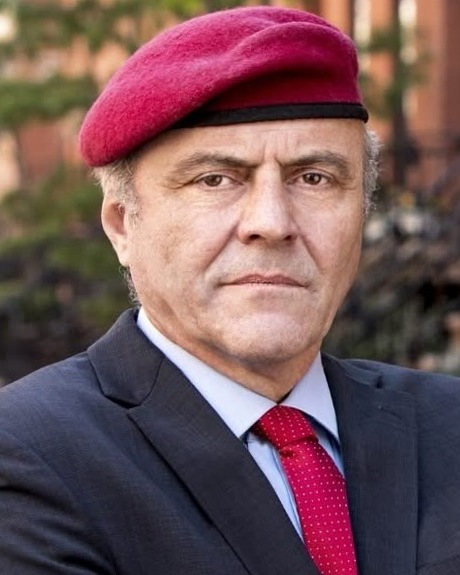
The 2025 New York City mayoral race has been full of surprises, turning the election into a national headline. Democratic-Socialist Zohran Mamdani won the Democratic primary in June, receiving almost 100,000 more votes than former New York State Governor Andrew Cuomo. This was a shock to many, as the New York Times reported, “Mr. Mamdani’s victory upended city politics and reverberated nationally.” Despite his loss in the primary, Cuomo has not yet given up on his mayoral aspirations and will be running again in the general election as an Independent.
Although Mamdani is young, charismatic, and full of economic ambition, his policies will not improve the quality of life for New York. As a result, former Governor Andrew Cuomo remains the better option for Mayor.
Mamdani has spoken about introducing fare-free buses. The most common concern around this policy is that New York City transportation systems will quickly become populated with those struggling with mental health. We already see the impact of this on emergency rooms across the city: they are overwhelmed with people with mental health issues. A doctor who works at Maimonides Medical Center noted, “[w]e are always overwhelmed by the number of homeless people and psychiatric patients. We legally have to take them, and it really slows down and crowds the ED.” She continued, “I’m supporting Cuomo because, despite what other people say, I believe his leadership during COVID was good.”
I interviewed two students at Poly; both wanted to remain anonymous due to fear of judgment from their peers. One student was upset about the idea of Mamdani taking office. “A lot of his policies are known in history to fail completely,” they shared.
Mamdani’s ambitious idea of government-run supermarkets presents a lose-lose situation for the public. If the supermarkets succeed in offering lower prices by being subsidized and exempt from taxes and rent, it could create an effective monopoly. This would force smaller, local, and independent stores that operate on razor-thin margins out of the market. According to an opinion guest essay from July 2025 from the New York Times, “Mr. Mamdani has made no compelling case that the city could engage in such superior negotiation and cost-cutting techniques to overcome this margin and provide less expensive products.” The other scenario is the failure of these supermarkets, which would likely be due to the inefficiencies and bureaucracy that plague government-run systems– poor supply chain management, high operating costs, lack of retail expertise, and disorganization. Still, there are some students in favor of Mamdani and his policies. One anonymous student mentioned, “I don’t think capitalism is necessarily working too well for a lot of us, and I don’t understand why people are so put off by the idea of an alternative system that’s more equitable and helps people out.”
Alternatively, Mamdani’s constant refusal to condemn the globalized intifada is also particularly concerning to some. In June 2025, Mamdani “declined to condemn the phrase ‘globalize the intifada’ but emphasized he would be a mayor that protects Jewish New Yorkers’ if elected in November,” according to an article in POLITICO. A globalized intifada is not merely an opposition to Israel, but rather some view it as a call for anti-semitic violence around the world. According to the American Jewish Committee, “Globalize the Intifada’ is a phrase used by pro-Palestinian activists that calls for aggressive resistance against Israel and those who support Israel.” While Mamdani may believe he is expressing solidarity with Palestinians and opposing Israel’s violent actions in Gaza, his stance risks spreading and normalizing rhetoric that fuels hatred and violence against Jewish people.
The first student I interviewed also expressed his concern over Mamdani’s unwillingness to firmly support the Jewish community, as anti-Semitic hate crimes rapidly increase throughout New York, according to the Office of the New York State Comptroller. “The fact that he’s not able to condemn the term ‘globalized intifada’ is extremely frightening for a Jewish person like [myself].”
In contrast to Mamdani’s beliefs, Cuomo’s policies are those of a centrist Democrat, focusing on pragmatic solutions to NYC’s issues. He advocates for actions that utilize and expand existing infrastructure and programs, such as. His plans, such as increasing the size of the NYPD and securing funding for class size reduction, are certainly feasible within the bounds of city government, which is necessary to make positive change in NYC during a mayoral term.
Mamdani is ultimately a populist. It is understandable why people may vote for him. His bold, radical ideas may seem refreshing, especially following Adams, whose administration ended in a scandal. Still, New Yorkers should be cautious while deciding who they will cast their ballots for this election cycle. Andrew Cuomo demonstrates experience and understanding of government matters. At a time when the City needs stability and competence, voters should be sensible and choose the candidate who will actually govern effectively.

